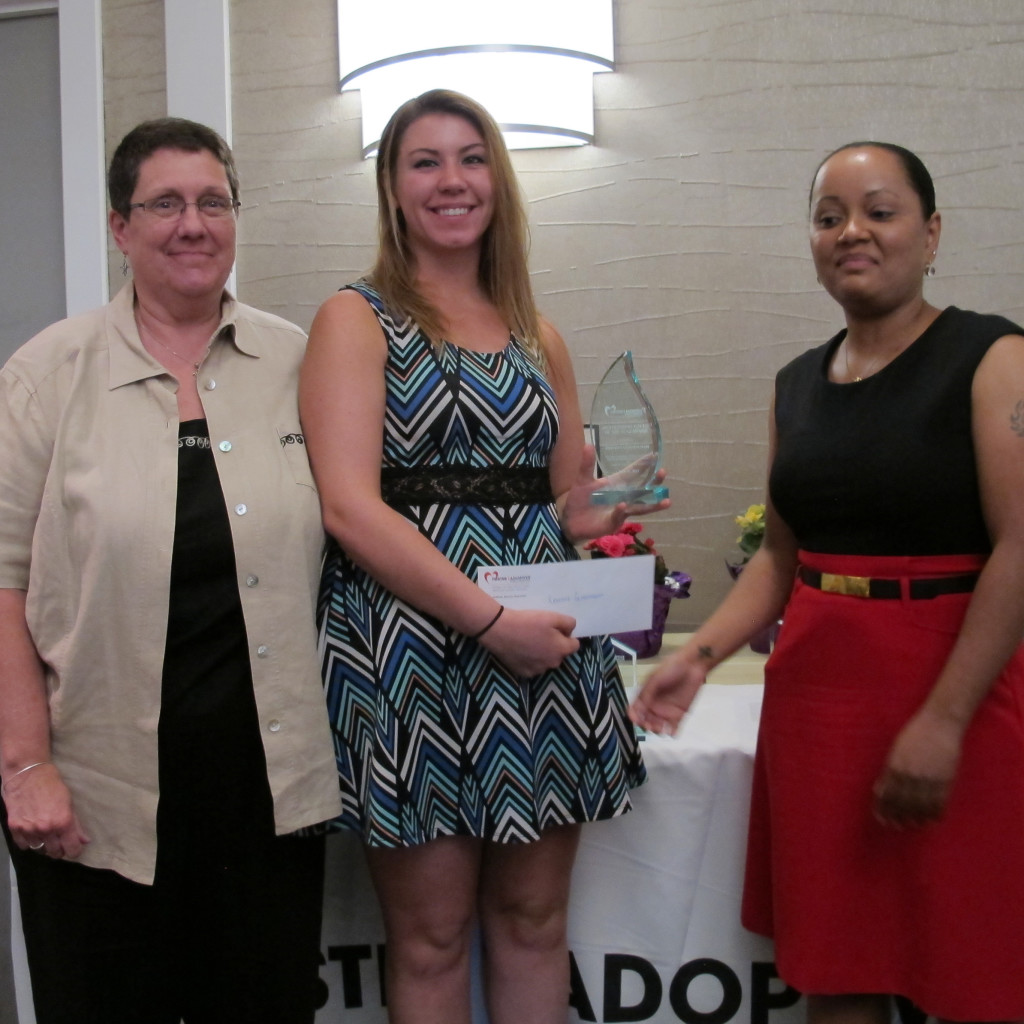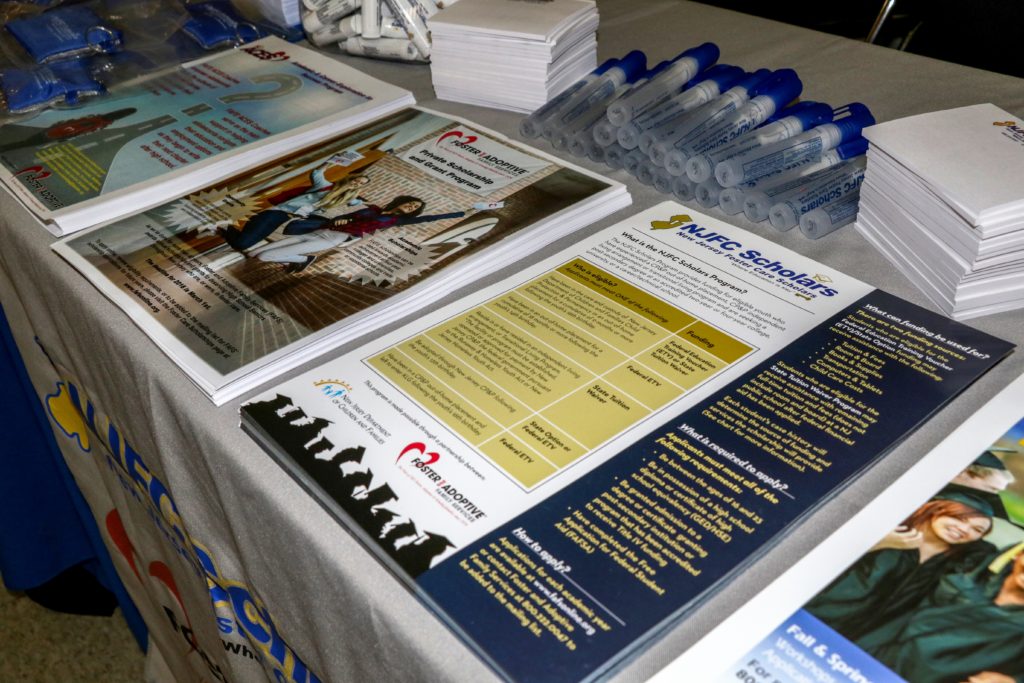Tag Archives: Foster Youth Education
Educational Supports Key in Unlocking Foster Care Graduation Success
Almost 25,000 youth age out of foster care each year, most with the goal of attending college. However, nearly 80 percent of these young adults don’t even enroll and those that do rarely graduate. That’s why states across the country are investing in educational supports to give these young men and women a chance at attaining their educational goals despite financial barriers.

The national nonprofit Foster Care to Success, in their January 2014 publication Fostering Success in Education: National Factsheet on the Educational Outcomes of Children in Foster Care, stated that 84 percent of foster youth ages 17-18 want to attend college, yet only 20 percent manage to do so, and of those, only 3 percent of those graduate with a bachelor’s degree.
Continue reading
ESSA Helps Foster Youth Hitch a Ride to Success
According to a University of Chicago report, nearly one-third of the nation’s foster children haven’t graduated high school or earned their General Education Development (GED) Certificate. In an effort to raise high school graduation rates President Obama signed the “Every Student Succeeds Act (ESSA)” in 2015.
ESSA replaced President Bush’s No Child Left Behind Act (NCLB) and put an emphasis on improving student performance while setting a national academic standard. It also addressed the unique educational needs of foster children with several mandates, such as keeping children in the school they were enrolled in prior to entering care or moving to a new foster home and providing transportation to and from school.
Continue reading
NJFC Scholar Spotlight: Sophia Orama
Whether it’s something trivial like tying a shoe or something major like choosing a college, most children have their parents to turn to whenever they need help. However, for kids in foster care, that parental support is often not there. In the case of Sophia Orama, a New Jersey Foster Care (NJFC) Scholar, she had to be the one providing support.

With an alcoholic mother and an absentee father, Orama was forced to become the caretaker of the household. “I stayed with her [my mother] for many years because I was the one that was taking care of her,” Orama said. “It wasn’t until the time that I was 16 and I was a junior in high school and I was like, ‘I got to start thinking about myself,’ because college was coming up.”
Continue reading
Without a Home: Former Foster Youth Struggle With Homelessness in College
According to the LA Times, Los Angeles community colleges, roughly 44,000 students are struggling with homelessness. Housing costs for students are a problem across the nation, but for foster youth the crisis can be made worse if they are not adopted or their foster families are not supportive.

Reporting on the issue, the LA Times spoke with former foster youth Myriah Smiley, 19, who had her food stamp supply cut off when she received a welfare check. Forced to resort to couch surfing as she studies and dreams of opening her own bakery, Smiley said she’s often forced to go hungry: “I cry at night and hope for better days.” Smiley’s story is not an unusual one; according to a University of Wisconsin Hope lab study, 29% of former foster youth attending community college nationally are homeless.
Continue reading
Successful Foster Care Stories: Kristine Gunningham

While most of her peers were worrying about earning a place on the soccer team, making new friends and passing the next algebra test, Kristine Gunningham was facing far bigger obstacles.
First, her parents separated. It was difficult for Kristine to come to terms with the idea that her mother and father might never be together again. But what happened next was still more traumatizing.
“Shortly after my parents separated my mom was diagnosed with colon cancer.” Kristine said.
Nothing could be more devastating for a 14-year-old girl. Continue reading


